This is the first of a three part series, highlighting the blogs of fellows of three different water governance capacity building programs. This first fellowship program is hosted by Mekong Sub-region Social Research Centre (MSSRC), Faculty of Liberal Arts, Ubon Ratchathani University, Thailand. The fellows in this program research relevant environmental issues in the Mekong River Basin. Here are excerpts of their blogs, each of which you can read in full on the fellows’ blog site.
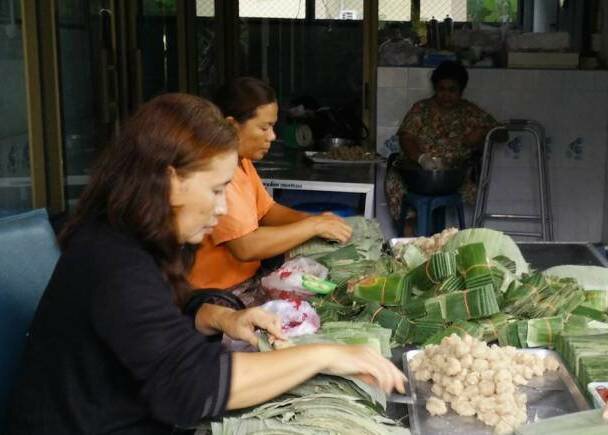
IN SEARCH OF THE FAMOUS SOUR FISH SAUSAGES PRODUCTION (SOM-PLA-DO)
by Soimart Rungmanee
“Sadly, today great snakehead fish, like most native species are rarely found in the Mekong. In contrast, demand for Som-pla-do has grown.”
“The story of Som-pla-do and how villagers in Chiaburee Village are adjusting themselves to acquire ingredients and equipment reflects the change in the food commodity chain that originally starts from the river and ends up with consumers.”

MEKONG DOLPHINS AND THEIR FATE
by Minitta Taosouvanh
“Both the villagers and I still wonder why the number of the river dolphins has decreased when the villagers themselves don’t eat dolphin meat. Some people said, “There remain 6 dolphins only in the Mekong downstream in Southern Laos – Cambodia border.” ”
“The villagers now worry that dolphins in the Mekong river will become only a story on paper and the villagers’ memory. And what about those women who are boat drivers, who take care of the tourists while seeing the dolphins? Where else would they do the same job they are doing now?”
Photo credit: Save Our Species (SOS)

THE CHANGING VIETNAMESE MEKONG DELTA
by Jenny Lovell
“The country spent 25 years mired in conflict, freeing themselves of colonial ties, only to start a new battle: the “irrigation front.”
“Vietnam shows an opposite trend to the “feminization of agriculture” seen across Southeast Asia and parts of Latin America. Instead of an increasingly female-managed farm, the Mekong River Delta shows an increasingly male-managed farm.”
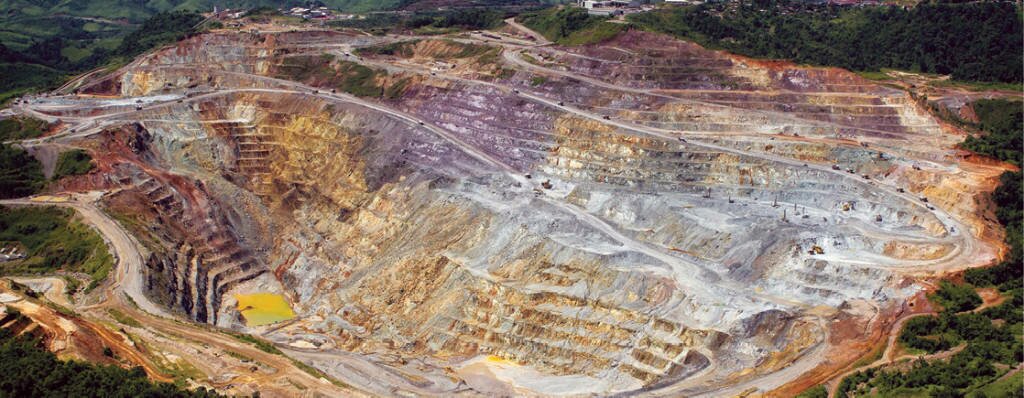
HOW MINING INVESTMENT HAVE SHAPE LOCAL COMMUNITY IN PHU HE, LAOS ?
by Oulavanh Keovilignavong
“Many of them viewed that natural resources including water, land and forestry in Phu He belonged to them as they have used, protected and managed these resources for a long time. This belief was relevant to the undertaking government policy on land use and allocation during early 1990s as large areas of Phu He were assigned to local people to manage and utilised in sustainable manners for their livelihoods. “
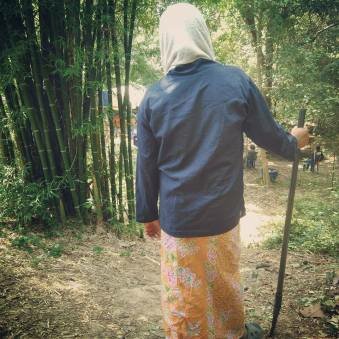
A MOTHER’S DESPERATE HOPE: AN UNTOLD STORY FROM A TRIBUTARY RIVER VILLAGE
by Saowanee T. Alexander, Surasom Krisnachuta, Thitarat Panchana and Pinwadee Srisuphan
“The elderly woman told us that women in Baan Nong Ong have been struggling alongside their husbands to prevent the village from drowning. ”
“Instead of proudly sharing with us that she used to be one of the protestors to prevent flooding in the village, today, she told us with her trembling voice that community natural resources on which villagers used to depend have been taken over by the government development project.”
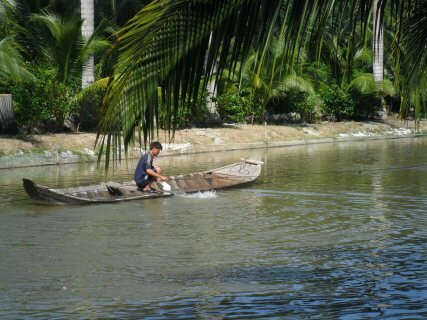
ONE DAY OF EXPERIENCE WITH AQUACULTURE FARMERS IN CAN THO
by Nguyen Thi Hai Ninh
“According to Mr. Dieu, catfish pond work like dredging mud in catfish pond, changing the water and pond sanitation, feeding and harvesting are hard work and requires strength so they can not normally be undertaken by female workers.”
“As in his saying, compared to 3 years ago, the water quality of the catfish ponds now is cleaner and less polluted because his family has been applying pond water treatment such as drying ponds for two or three days after harvest, dredging mud from the bottom ponds six times/litter and changing pond water once a day. Besides, local agriculture extension officials come to support him and his father in the catfish caring techniques, feeding techniques to prevent diseases and minimize the need for antibiotics.”
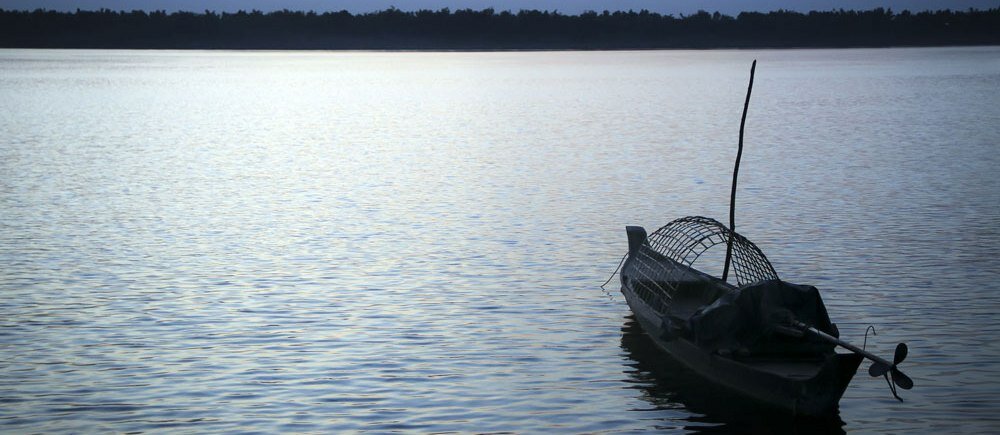
LIVELIHOOD EXPERIENCES AND UNCERTAIN FUTURE OF A MEKONG RIVER FISHMAN IN SAMBOR DISTRICT, KRATIE PROVINCE, CAMBODIA
by Suon Siny
“His experience witnesses impressive changes that are probably due to a combination of climate change and changes due to man-made interventions on the Mekong River stream. Sokhorn feels shocked and is pessimistic about the future of his family.”
He added that “People are like back-legs of an elephant and government is like front-legs. If the front legs move, back legs will be forcibly moved too”

COFFEE, PEPPER OR OTHER CROPS IN A CONTEXT OF WATER SCARCITY: A STORY FROM CU M’GAR DISTRICT, DAK LAK PROVINCE, CENTRAL HIGHLAND, VIETNAM
by Nguyen Phuong Le
“The questions addressed from my field trip are: (i) why not all farmers in the commune apply water saving technique in coffee production although it is not so expensive? (ii) what are difficulties when they apply that technique? (iii) How to save water from rainy season (coffee harvest, does not need water) to use for dry season (coffee needs water to flower blooming)? (iv) if farmers there cannot continue to grow coffee, which kinds of crop should be introduced to them?”
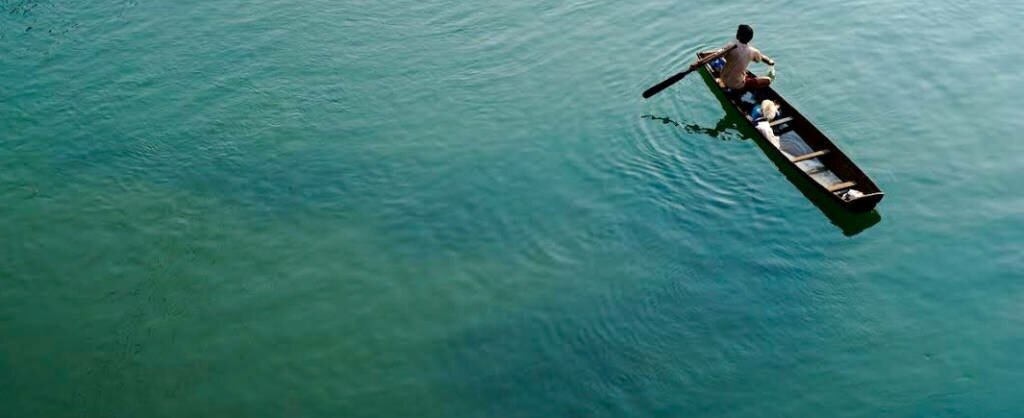
CHALLENGES IN FISHERY MANAGEMENT AND LIVELIHOOD DEVELOPMENT AMONG PHOUTHAI PEOPLE IN XE BANG FAI DISTRICT OF KHAMMOUANE PROVINCE OF LAO PDR
by Serey Sok & Somkhit Bouridam
“The suspension of the operation of Community Fishery led to end regular community meeting, patrol and negotiation power with company regarding to the release of water. During the interview with the Phouthai residents, fisherfolks could not communicate with the company or request to the government to release water for fewer days to enable them to collect fishery resources. “